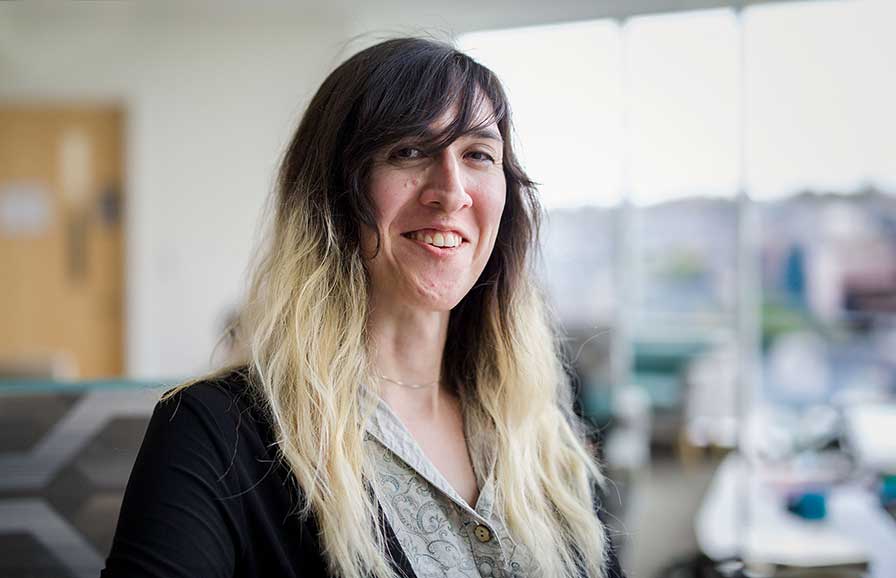Clinical Trials
We make promising new treatments available to you through studies called clinical trials led by Fred Hutch physicians. Many of these trials at Fred Hutch have led to FDA-approved treatments and have improved standards of care globally. Together, you and your physician can decide if a study is right for you.
Your Care Team
Many of our Fred Hutch physicians conduct ongoing research to improve standards of patient care. Their work is evaluated by other physicians and selected for publication to the United States National Library of Medicine, the largest medical library in the world. See scientific papers this Fred Hutch physician has written.
Insurance
Fred Hutch accepts most national private health insurance plans as well as Medicare. We also accept Medicaid for people from Washington, Alaska, Montana and Idaho. We are working to ensure that everyone, no matter what their financial situation, has access to the care they need.
